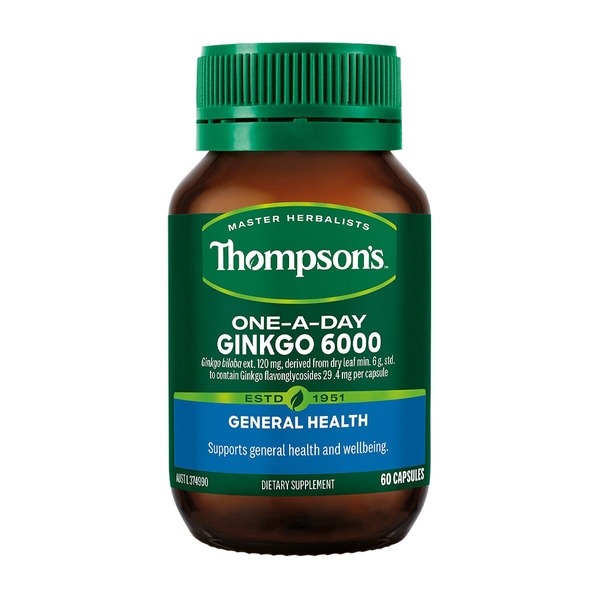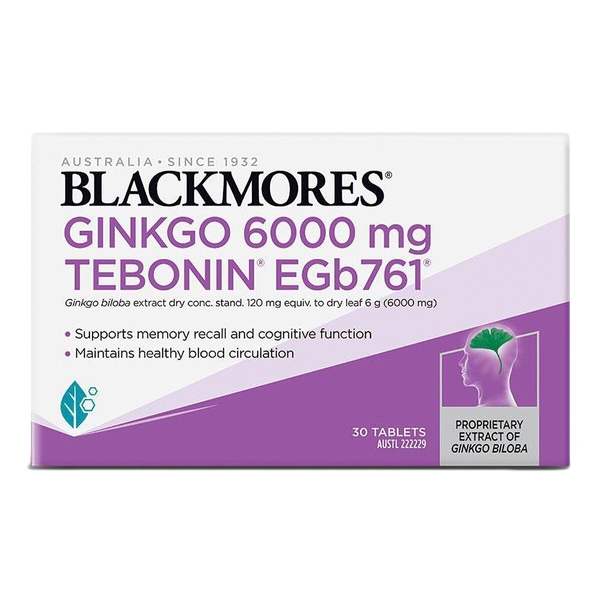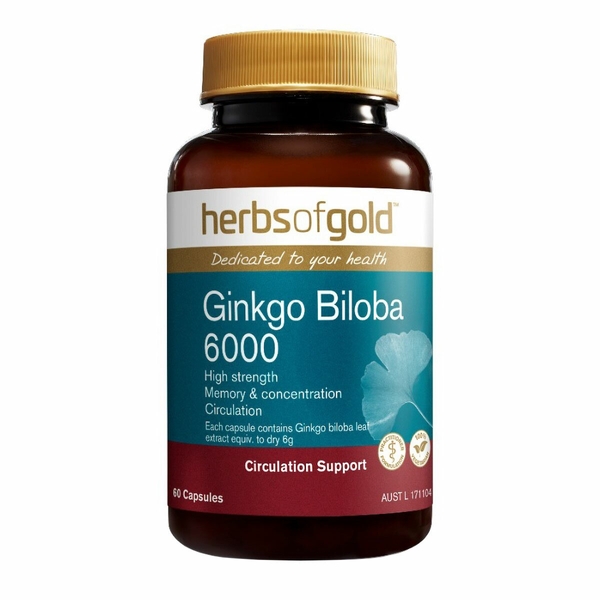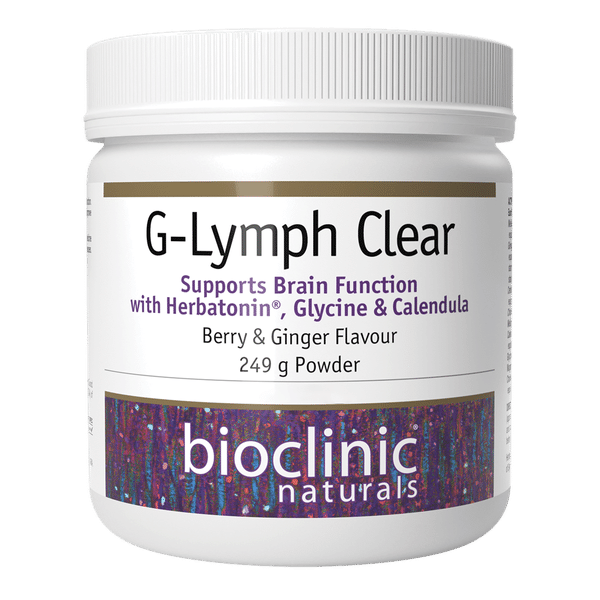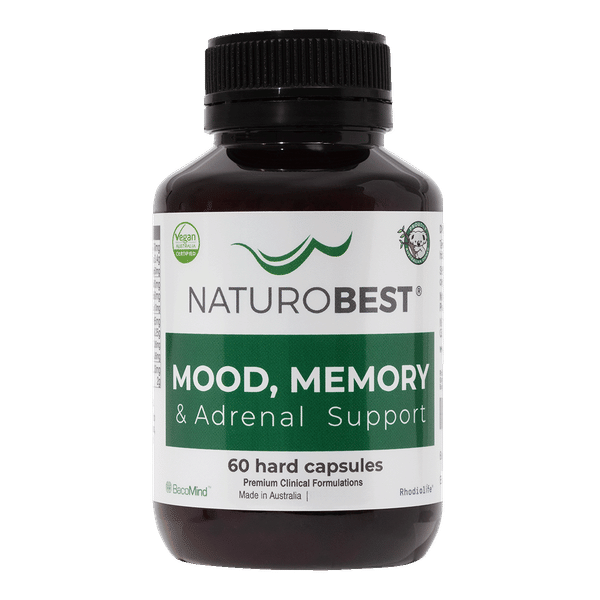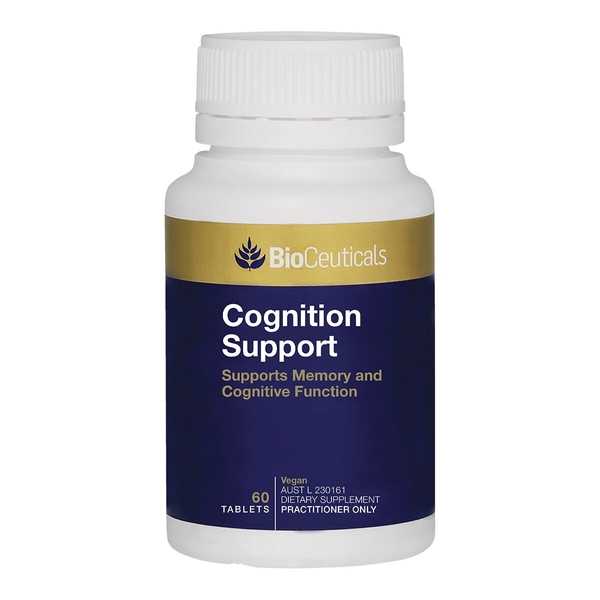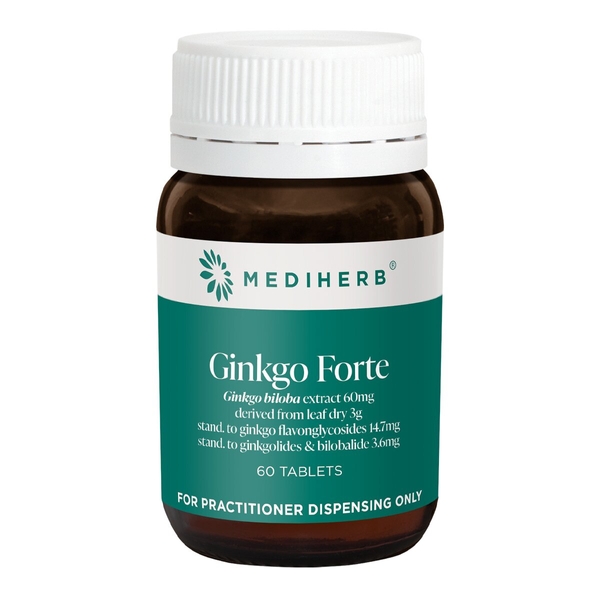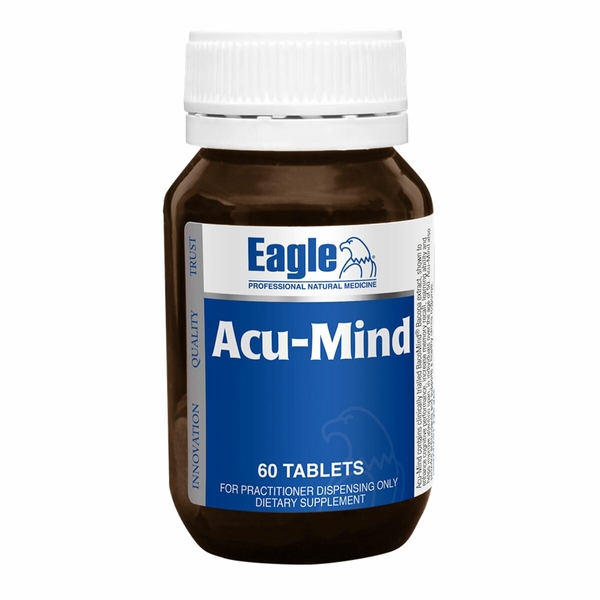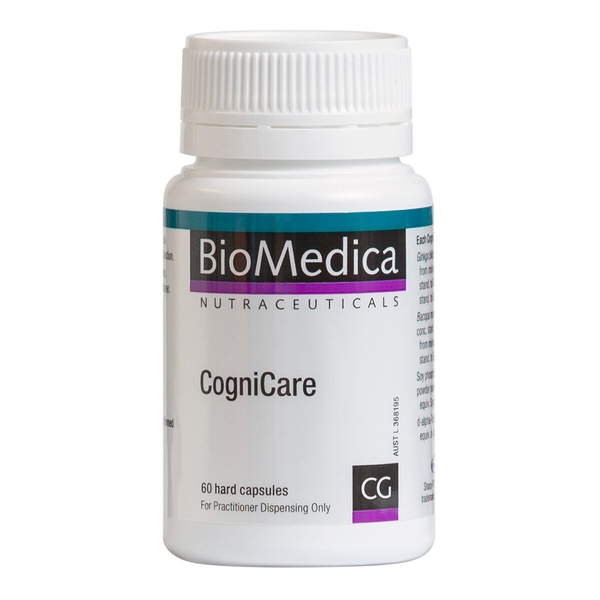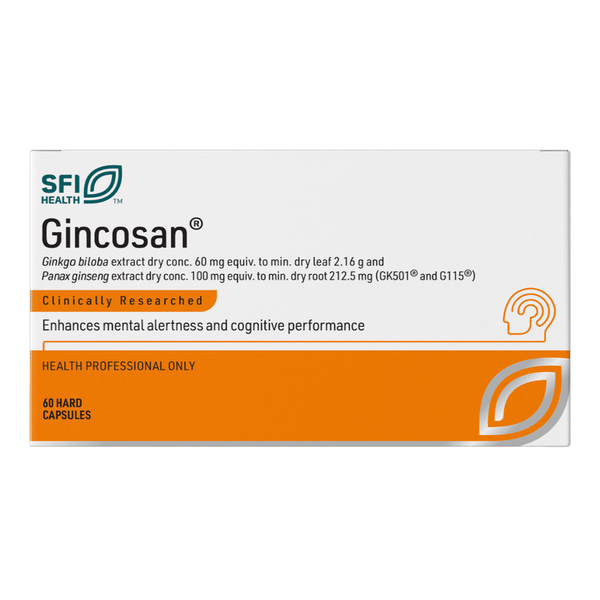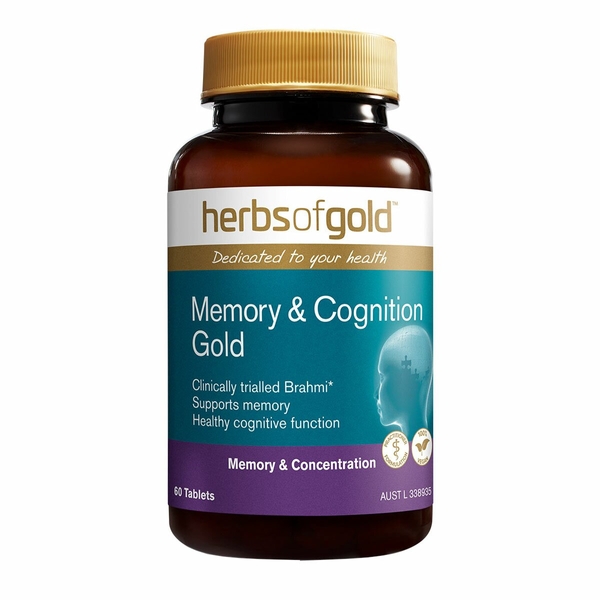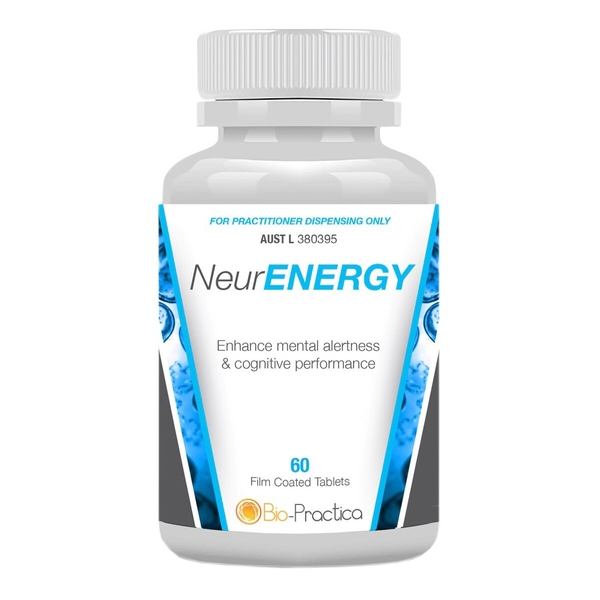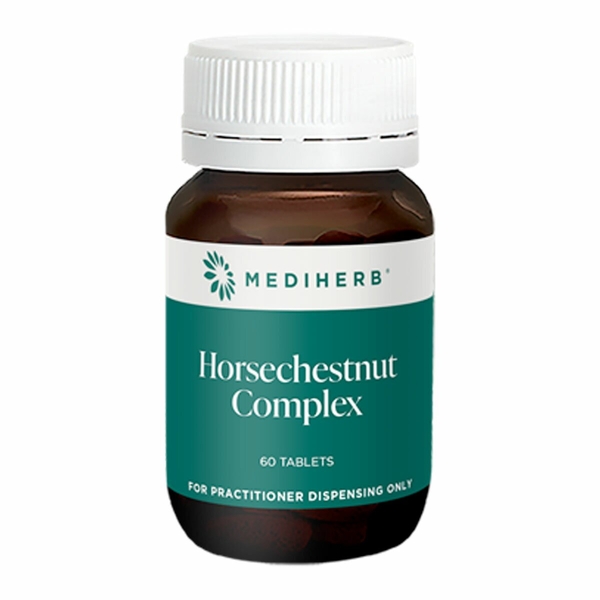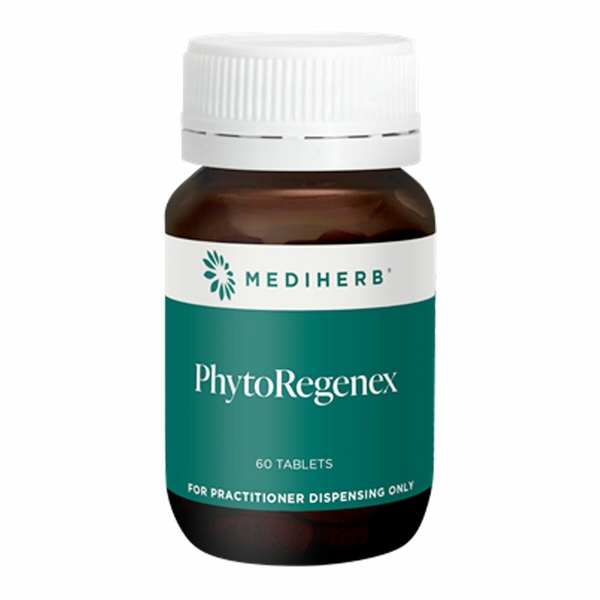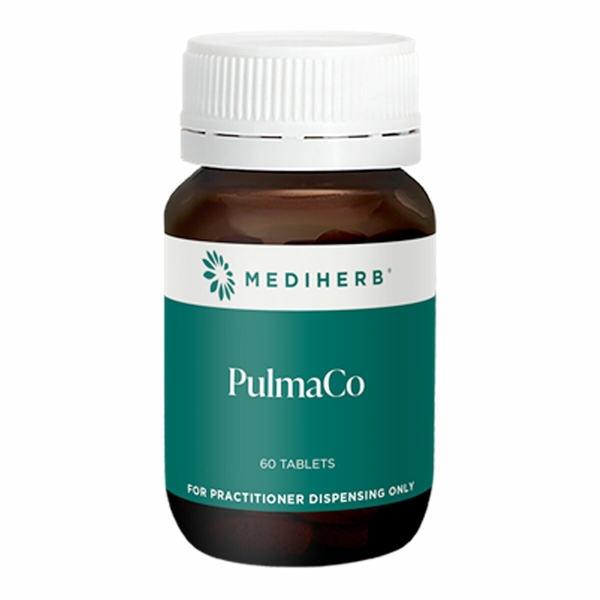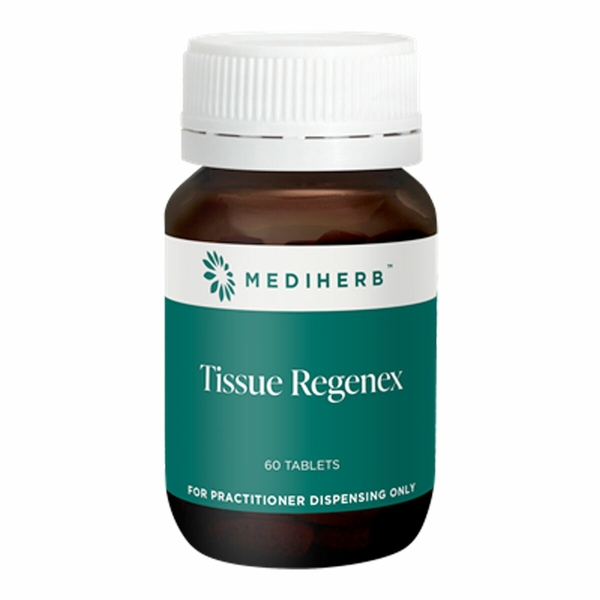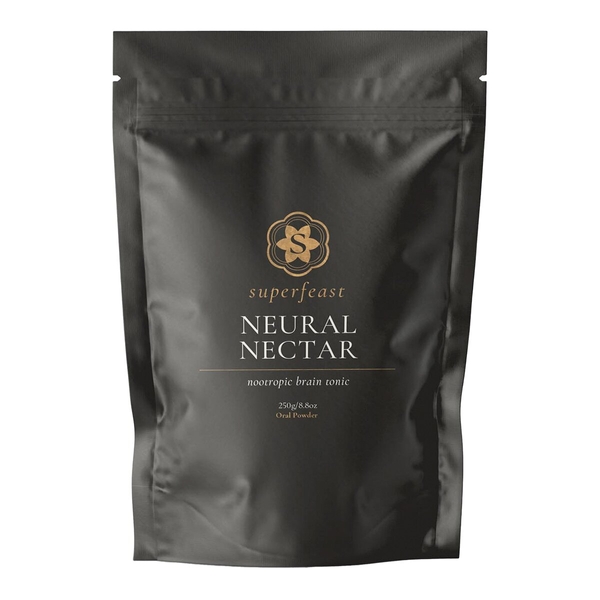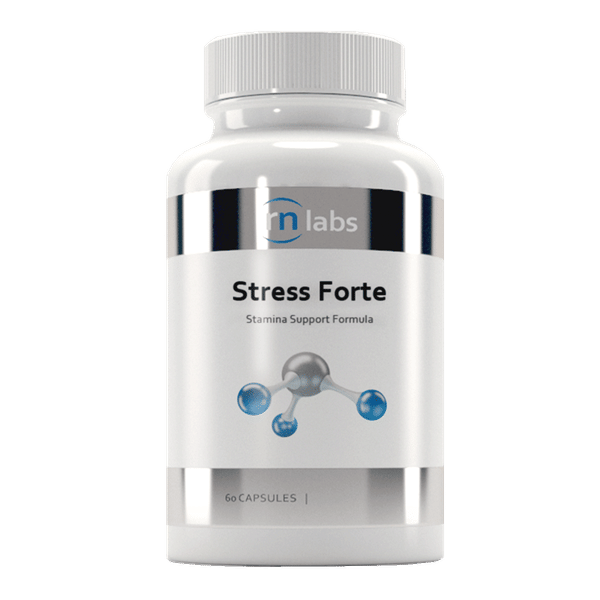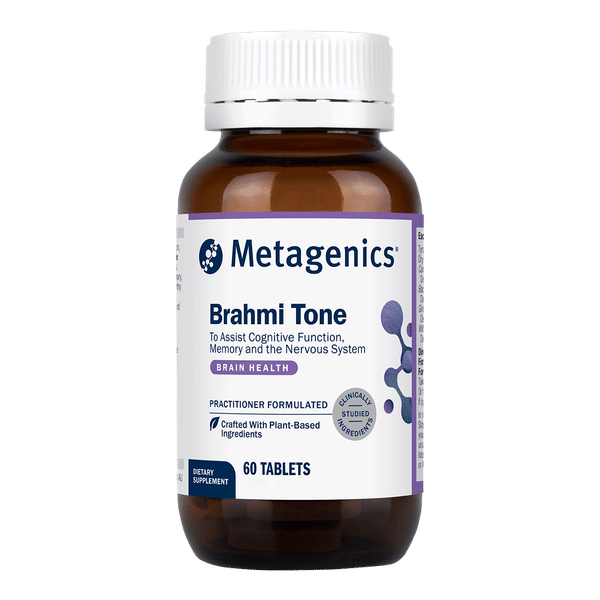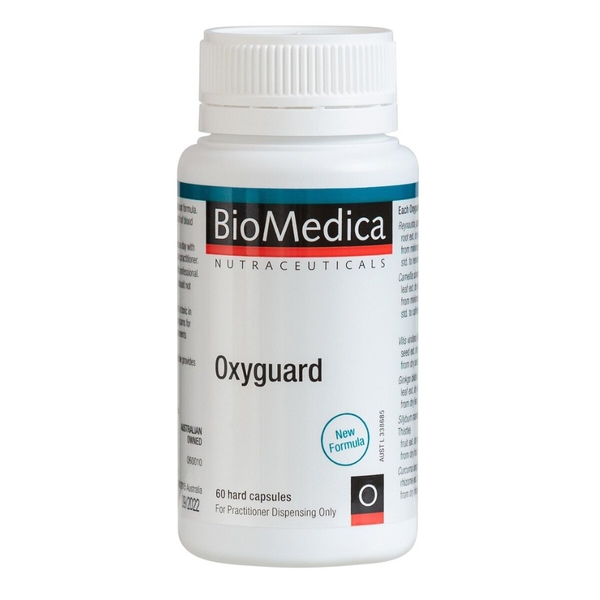
Background
The ginkgo tree is thought to be one of the oldest living trees, dating back more than 200 million years. It is native to China, Japan, and Korea, but is also now grown in Europe and the United States. It seems to improve blood circulation, and might also act as an antioxidant to slow down changes in the brain.
Because ginkgo has been around for so long, people have used it for many purposes. It's commonly taken by mouth for memory and thought problems or anxiety. It is also used for cancer, diabetes, and many other conditions, but there is no good scientific evidence to support most of these uses.
Safety Safety definitions
The ROASTED SEED or CRUDE GINKGO PLANT are possibly unsafe when taken by mouth. Eating more than 10 roasted seeds daily can cause serious side effects such as seizures. Eating FRESH SEEDS may lead to death. They are poisonous and considered dangerous.
When applied to the skin: There isn't enough reliable information to know if ginkgo is safe.
Special Precautions & Warnings:
Pregnancy: Ginkgo is possibly unsafe when taken by mouth during pregnancy. It might cause early labor or extra bleeding during delivery if used near that time.Breast-feeding: There isn't enough reliable information to know if ginkgo is safe to use when breast-feeding. Stay on the safe side and avoid use.
Children: Ginkgo leaf extract is possibly safe when taken by mouth for a short time. A specific combination of ginkgo leaf extract plus American ginseng might be safe in children when used short-term. Do not let children eat the ginkgo seed. The fresh seeds have caused seizures and death in children.
Bleeding disorders: Ginkgo might make bleeding disorders worse. If you have a bleeding disorder, don't use ginkgo.
Cross-reactivity: People who are allergic to poison ivy, poison oak, poison sumac, mango rind, or cashew shell oil might also be allergic to ginkgo.
Diabetes: Ginkgo might interfere with the management of diabetes. If you have diabetes, monitor your blood sugar closely.
Seizures: Ginkgo might cause seizures. If you have ever had a seizure, don't use ginkgo.
Deficiency of the enzyme glucose-6-phosphate dehydrogenase (G6PD): Ginkgo might cause severe anemia in people who have G6PD enzyme deficiency. Until more is known, use cautiously or avoid using ginkgo if you have G6PD deficiency.
Infertility: Ginkgo use might interfere with getting pregnant. Discuss the use of ginkgo with your healthcare provider if you are trying to get pregnant.
Surgery: Ginkgo might slow blood clotting. It might cause extra bleeding during and after surgery. Stop using ginkgo at least 2 weeks before a scheduled surgery.
Effectiveness
- Anxiety. Taking a specific ginkgo extract called EGb 761 (Dr. Willmar Schwabe Pharmaceuticals) by mouth for 4 weeks can reduce symptoms of anxiety by a small amount.
- Diseases, such as Alzheimer disease, that interfere with thinking (dementia). Taking ginkgo 240 mg by mouth daily may slightly improve dementia symptoms. Ginkgo doesn't seem to prevent dementia from developing or getting worse.
- Hearing loss. In patients with sudden hearing loss, giving ginkgo by IV along with regular treatments can help to improve hearing. It's not clear if oral ginkgo is helpful. IV products can only be given by a healthcare provider.
- Premenstrual syndrome (PMS). Taking ginkgo leaf extract by mouth seems to relieve breast tenderness and other symptoms associated with PMS. For this use, it is started during the 16th day of the menstrual cycle and continued until the 5th day of the following cycle.
- Schizophrenia. Taking ginkgo leaf extract by mouth daily in addition to conventional antipsychotic medications for 8-16 weeks can reduce some symptoms of schizophrenia. It might also reduce side effects from antipsychotic medications, like thirst, constipation, and tardive dyskinesia, a movement disorder.
- Stroke. Taking ginkgo extract by mouth or by IV along with standard therapy seems to improve thinking, memory, and the ability to complete activities of daily living in people who are recovering from a stroke. Taking ginkgo extract by mouth might not be as effective as IV. But IV products can only be given by a healthcare provider.
- A movement disorder often caused by antipsychotic drugs (tardive dyskinesia). Taking ginkgo by mouth seems to reduce the severity of movement disorders in patients taking antipsychotic drugs.
- Dementia caused by reduced blood flow to the brain (vascular dementia). Taking ginkgo extract by mouth seems to improve memory and thinking skills in patients with this condition.
- Dizziness (vertigo). Taking ginkgo leaf extract by mouth seems to improve symptoms of dizziness caused by balance disorders. It isn't clear if helps to improve symptoms of vertigo in people with a condition that causes decreased blood flow to the brain.
- Decline in memory and thinking skills that occurs normally with age. Taking ginkgo by mouth doesn't improve memory and thinking skills in elderly people.
- Sexual problems caused by antidepressants (antidepressant-induced sexual dysfunction). Taking ginkgo leaf extract by mouth doesn't improve sexual problems caused by antidepressant drugs.
- Heart disease. Taking ginkgo by mouth doesn't reduce the chance of having a heart attack, chest pain, or stroke in elderly people.
- Decline in memory and thinking skills in people treated with cancer drugs. Taking ginkgo by mouth does not prevent thinking problems caused by chemotherapy in people being treated for breast cancer.
- High blood pressure. Taking ginkgo leaf extract by mouth for up to 6 years does not reduce blood pressure in older people with high blood pressure.
- Multiple sclerosis (MS). Taking ginkgo leaf extract or ginkgolide B, a specific chemical found in ginkgo extract, by mouth doesn't improve mental function or disability in people with multiple sclerosis.
- Ringing in the ears (tinnitus). Taking ginkgo leaf extract by mouth does not seem to improve ringing in the ears.
Dosing & administration
Keep in mind that quality issues are common with ginkgo products. Lower quality manufacturers might use cheaper ingredients, like rutin and quercetin, instead of ginkgo. These chemicals both occur naturally in ginkgo, so adding them to ginkgo products can make the products look like ginkgo on some tests. But these products would not have the same effects as ginkgo.
Interactions with pharmaceuticals
Alprazolam (Xanax)
Interaction Rating=Moderate Be cautious with this combination.
Taking ginkgo along with alprazolam might decrease the effects of alprazolam in some people.
Atorvastatin (Lipitor)
Interaction Rating=Moderate Be cautious with this combination.
Ginkgo might increase how quickly the body gets rid of atorvastatin. It's not clear if this is a big concern. Ginkgo does not seem to reduce the effects of atorvastatin on cholesterol levels.
Efavirenz (Sustiva)
Interaction Rating=Moderate Be cautious with this combination.
Efavirenz is used to treat HIV infection. Taking ginkgo extract along with efavirenz might decrease the effects of efavirenz. Before taking ginkgo, talk to your healthcare provider if you take efavirenz.
Ibuprofen (Advil, others)
Interaction Rating=Moderate Be cautious with this combination.
Ginkgo might slow blood clotting. Ibuprofen can also slow blood clotting. Taking ginkgo with ibuprofen might slow blood clotting too much and increase the chance of bruising and bleeding. Before taking ginkgo, talk to your healthcare provider if you are taking ibuprofen.
Medications changed by the liver (Cytochrome P450 1A2 (CYP1A2) substrates)
Interaction Rating=Moderate Be cautious with this combination.
Some medications are changed and broken down by the liver. Ginkgo might change how quickly the liver breaks down these medications. This could change the effects and side effects of these medications.
Medications changed by the liver (Cytochrome P450 2C19 (CYP2C19) substrates)
Interaction Rating=Moderate Be cautious with this combination.
Some medications are changed and broken down by the liver. Ginkgo might change how quickly the liver breaks down these medications. This could change the effects and side effects of these medications.
Medications changed by the liver (Cytochrome P450 2C9 (CYP2C9) substrates)
Interaction Rating=Moderate Be cautious with this combination.
Some medications are changed and broken down by the liver. Ginkgo might change how quickly the liver breaks down these medications. This could change the effects and side effects of these medications.
Medications changed by the liver (Cytochrome P450 3A4 (CYP3A4) substrates)
Interaction Rating=Moderate Be cautious with this combination.
Some medications are changed and broken down by the liver. Ginkgo might change how quickly the liver breaks down these medications. This could change the effects and side effects of these medications.
Medications for diabetes (Antidiabetes drugs)
Interaction Rating=Moderate Be cautious with this combination.
Ginkgo might increase blood sugar levels. Taking ginkgo along with diabetes medications might reduce the effects of these medications. Monitor your blood sugar closely.
Medications moved by pumps in cells (P-Glycoprotein Substrates)
Interaction Rating=Moderate Be cautious with this combination.
Some medications are moved in and out of cells by pumps. Ginkgo might change how these pumps work and change how much medication stays in the body. In some cases, this might change the effects and side effects of a medication.
Medications that increase the chance of having a seizure (Seizure threshold lowering drugs)
Interaction Rating=Moderate Be cautious with this combination.
Ginkgo might increase the risk of seizures in some people. There are also some medications that can increase the risk of seizures. Taking these products together might increase the risk of a seizure even more.
Medications that slow blood clotting (Anticoagulant / Antiplatelet drugs)
Interaction Rating=Moderate Be cautious with this combination.
Ginkgo might slow blood clotting. Taking ginkgo along with medications that also slow blood clotting might increase the risk of bruising and bleeding.
Medications used to prevent seizures (Anticonvulsants)
Interaction Rating=Moderate Be cautious with this combination.
Ginkgo may increase the risk of seizures. Therefore, taking ginkgo may decrease the effects of medications used to prevent seizures. This might increase the risk of seizures.
Nifedipine (Procardia)
Interaction Rating=Minor Be watchful with this combination.
Taking both ginkgo and nifedipine by mouth might increase nifedipine levels in the body. This might cause increased side effects of nifedipine, including headaches, dizziness, and hot flushes.
Omeprazole (Prilosec)
Interaction Rating=Minor Be watchful with this combination.
Ginkgo might increase how fast the liver breaks down omeprazole. Taking ginkgo with omeprazole might decrease how well omeprazole works.
Risperidone (Risperdal)
Interaction Rating=Moderate Be cautious with this combination.
Ginkgo might decrease how quickly the liver breaks down risperidone. This might increase the risk of side effects from risperidone such as drowsiness, dizziness, or dry mouth.
Rosiglitazone (Avandia)
Interaction Rating=Moderate Be cautious with this combination.
Ginkgo might increase how quickly the body breaks down rosiglitazone. Taking ginkgo with rosiglitazone might decrease the effects of rosiglitazone.
Simvastatin (Zocor)
Interaction Rating=Moderate Be cautious with this combination.
Ginkgo might increase how quickly the body gets rid of simvastatin. It's not clear if this is a big concern. Ginkgo does not seem to reduce the effects of simvastatin on cholesterol levels.
Sofosbuvir (Sovaldi)
Interaction Rating=Moderate Be cautious with this combination.
Ginkgo might decrease how quickly the body gets rid of sofosbuvir. This might increase the risk of side effects from sofosbuvir.
Tacrolimus (Prograf)
Interaction Rating=Moderate Be cautious with this combination.
Ginkgo might decrease how quickly the body gets rid of tacrolimus. This might increase the effects and side effects of tacrolimus.
Talinolol
Interaction Rating=Major Do not take this combination.
Taking ginkgo leaf extract multiple times per day might increase levels of talinolol. This might increase the effects and side effects of talinolol. But taking a single dose of ginkgo does not seem to affect talinolol levels.
Trazodone (Desyrel)
Interaction Rating=Moderate Be cautious with this combination.
Ginkgo might increase the effects of trazodone. Taking trazodone along with ginkgo might cause serious side effects in the brain.
Warfarin (Coumadin)
Interaction Rating=Moderate Be cautious with this combination.
Warfarin is used to slow blood clotting. Ginkgo might also slow blood clotting. Taking ginkgo along with warfarin might increase the chances of bruising and serious bleeding. Be sure to have your blood checked regularly. The dose of your warfarin might need to be changed.
Interactions with herbs & supplements
Herbs and supplements that might slow blood clotting: Ginkgo might slow blood clotting and increase the risk of bleeding. Taking it with other supplements with similar effects might increase the risk of bleeding in some people.
Horse chestnut: Ginkgo might interfere with the breakdown of horse chestnut. This could increase the effects and side effects of horse chestnut.
Interactions with foods
Products
View all products- Ginkgo biloba (Ginkgo) ext. 120 mg equiv. flavonglycosides 28.8 mg equiv. terpene lactones 7.2 mg
- Calendula officinalis ext. 200 mg
- Glycine 3 g
- Medicago sativa powder 28.3 mg
- Melissa officinalis ext. 500 mg
- Centella asiatica ext. 150 mg
- Chlorella vulgaris powder 5 mg
- Magnesium glycinate 1.05 g equiv. magnesium 105 mg
- Choline bitartrate 281.9 mg equiv. choline 112.5 mg
- Ginkgo biloba (Ginkgo) ext. 60 mg equiv. flavonglycosides 14.7 mg equiv. ginkgolides & bilobalides 3.6 mg
- Bacopa monnieri ext. 225 mg
- d-alpha-Tocopheryl acid succinate (Vitamin E) 8.26 mg equiv. vitamin E 10 IU equiv. d-alpha-tocopherol 6.71 mg
- Phosphatidylserine enriched soy powder (Lecithin) 83.33 mg equiv. soy phosphatidylserine 50 mg
- Ginkgo biloba (Ginkgo) ext. 60 mg equiv. flavonglycosides 14.4 mg
- Rosmarinus officinalis ext. 100 mg
- Bacopa monnieri ext. 225 mg
- Phosphatidylserine enriched soy (powder) (Lecithin) 100 mg equiv. phosphatidylserine 20 mg
- Levomefolate glucosamine (Activated folate) 90.17 µg equiv. levomefolic acid 50 µg
- Mecobalamin (Vitamin B12) 100 µg
- Ginkgo biloba (Ginkgo) ext. 6 mg
- Reynoutria japonica ext. 50 mg
- Vitis vinifera ext. 4.167 mg
- Curcuma longa ext. 30 mg
- Vaccinium myrtillus ext. 1 mg
- Ascorbic acid (Vitamin C) 120 mg
- Silybum marianum ext. 11.43 mg
- Camellia sinensis ext. 50 mg
- Rutin (Rutoside) 100 mg
- Selenomethionine 125 μg equiv. selenium 50 μg
- Beta-carotene carotenoids (Vitamin A) 3 mg
- Glycine 50 mg
- Cysteine hydrochloride monohydrate 50 mg
- Glutamine 50 mg
- d-alpha-Tocopheryl acid succinate 82.64 mg equiv. vitamin E 100 IU
- Tocopherols concentrate - mixed (low-alpha type) 5 mg
- Zinc citrate dihydrate 15.58 mg equiv. zinc 5 mg

